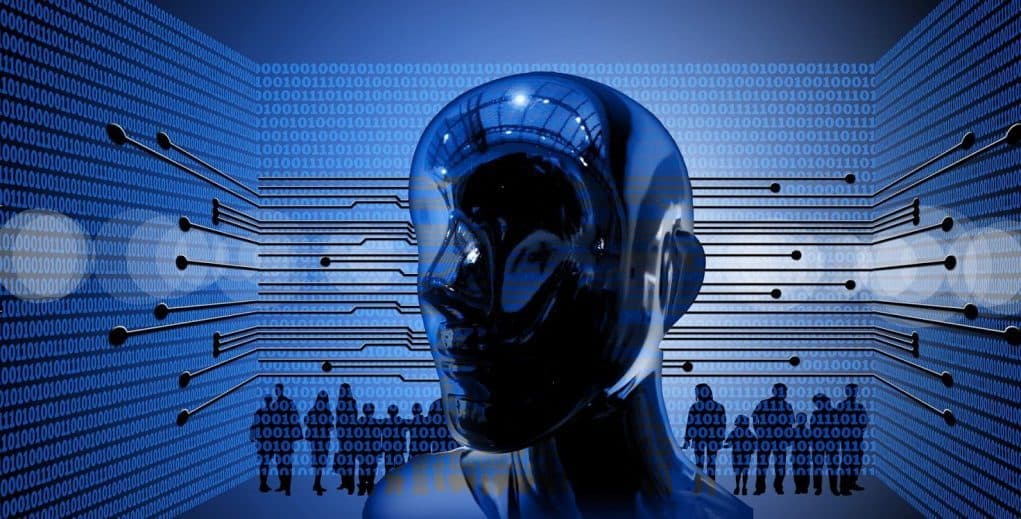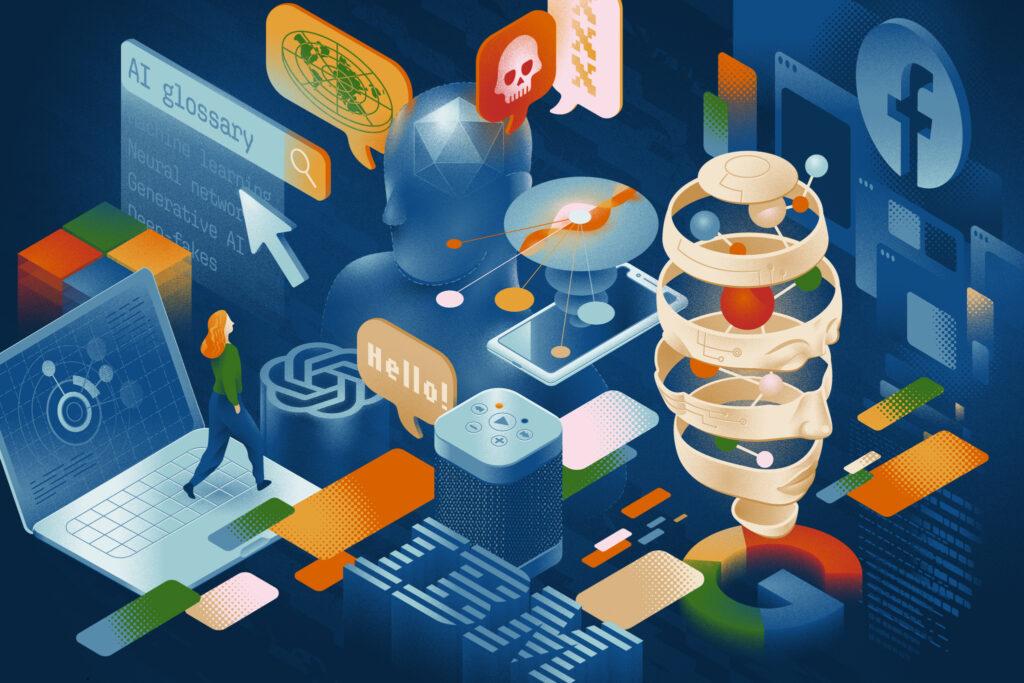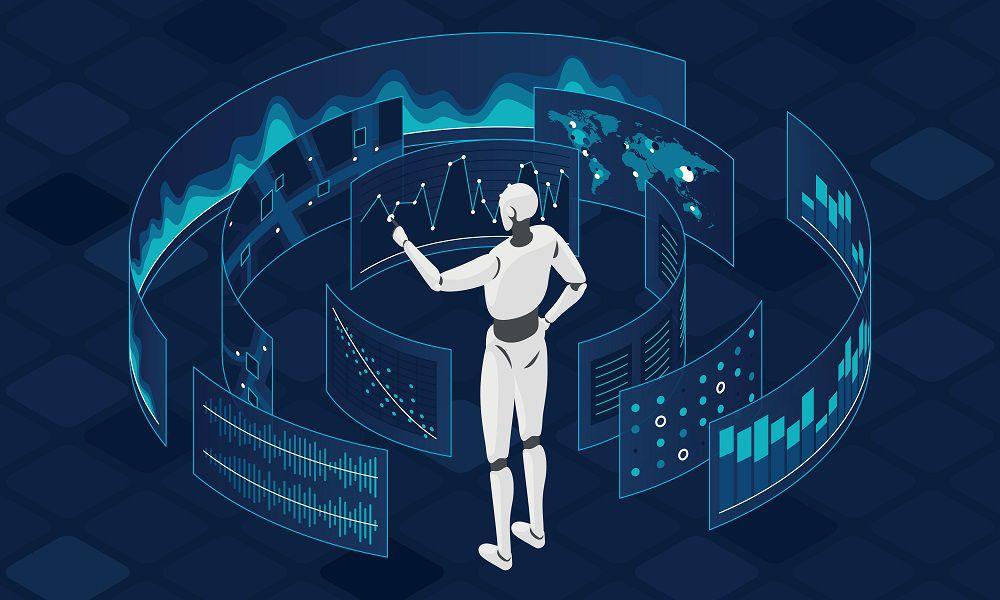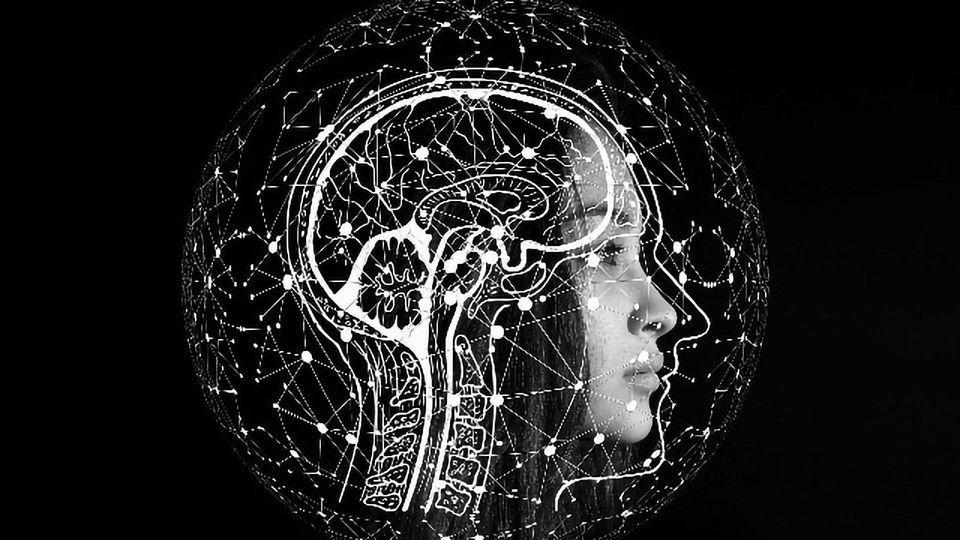Artificial Intelligence (AI) is a branch of computer science that focuses on creating intelligent machines capable of performing tasks that typically require human intelligence.
Artificial Intelligence systems aim to simulate human-like thought processes, such as learning, problem-solving, and decision-making. Over the years, AI has seen significant advancements and has found applications in various fields, revolutionizing industries also transforming the way we live and work.
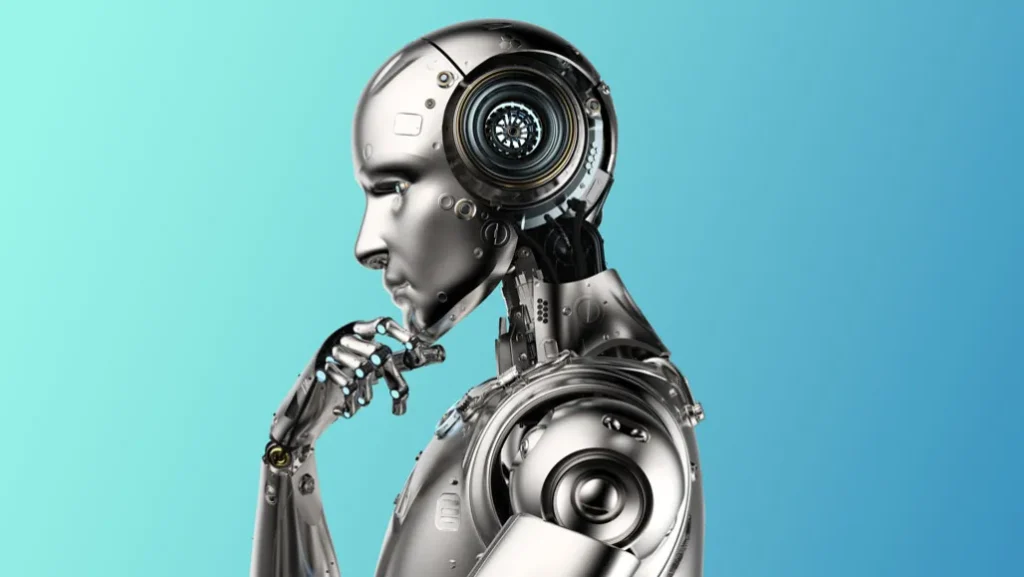
Machine Learning and Deep Learning:
Machine learning and deep learning are key components of AI. These techniques enable AI systems to learn from data and improve their performance over time without being explicitly programmed for every task. They have enabled breakthroughs in areas like natural language processing, image recognition, and autonomous vehicles.
Applications of AI:
AI has found applications in numerous industries, including healthcare, finance, manufacturing, transportation, also entertainment. In healthcare, AI is used for medical imaging analysis, drug discovery, also personalized treatment plans.
In finance, AI powers algorithmic trading and fraud detection systems. AI-driven robotics is transforming manufacturing processes, increasing efficiency and precision.
Challenges and Concerns:
Despite its transformative potential, AI also raises ethical and societal concerns. One major challenge is the impact of AI on jobs. As AI systems automate tasks, there are concerns about job displacement and the need for reskilling the workforce.
Privacy and data security are also critical issues, as AI systems rely heavily on data, raising questions about data ownership and potential misuse.
Bias and Fairness:
AI algorithms are only as good as the data they are trained on. Biases present in training data can lead to biased AI outcomes, perpetuating social inequalities. Ensuring fairness also accountability in AI decision-making is an ongoing challenge.
AI Ethics:
AI systems raise complex ethical questions, including their use in military applications, decision-making in autonomous vehicles, also influencing human behavior through social media algorithms.
The development of ethical guidelines and standards is essential to ensure responsible AI deployment.
The Future of AI:
AI is evolving rapidly, with research in explainable AI, AI safety, and human-robot interaction. The future promises more sophisticated and beneficial applications but also poses challenges in addressing potential risks and societal implications.
Conclusion
Artificial Intelligence is a transformative technology that has the potential to shape the future of society and industry. It holds promise in revolutionizing various sectors, but it also brings forth complex challenges and ethical considerations.
As AI advances, balancing innovation and responsibility is crucial to benefit humanity and mitigate risks.
A thoughtful and collaborative approach, guided by strong ethics also regulations. Essential to fully harness AI’s potential for humanity’s benefit. 온라인카지노
